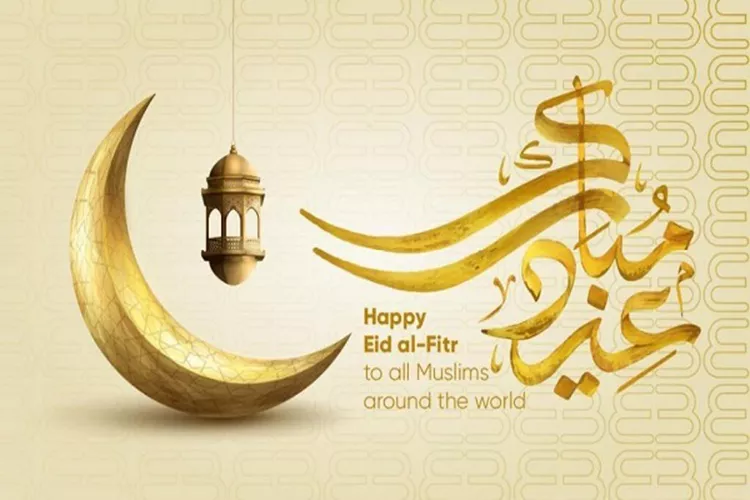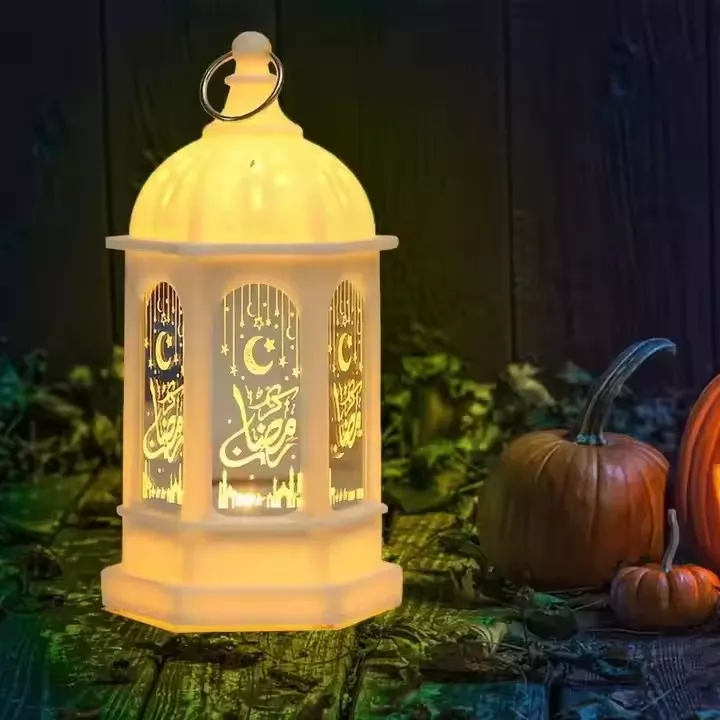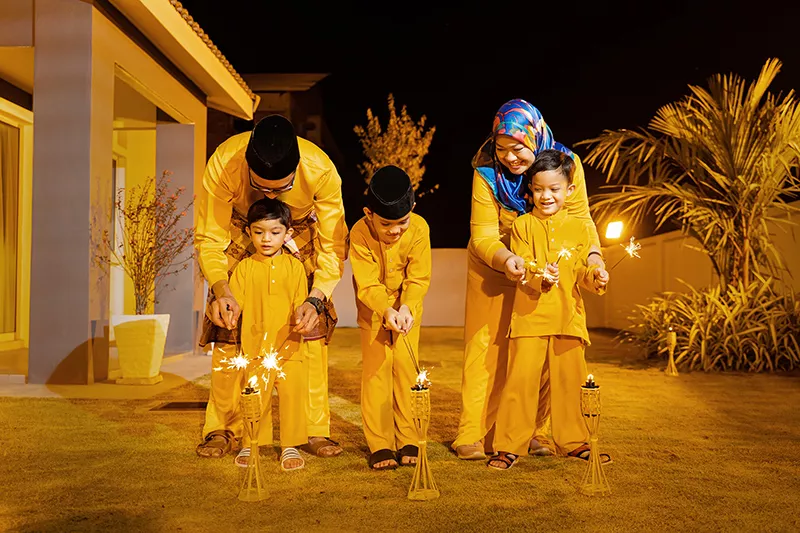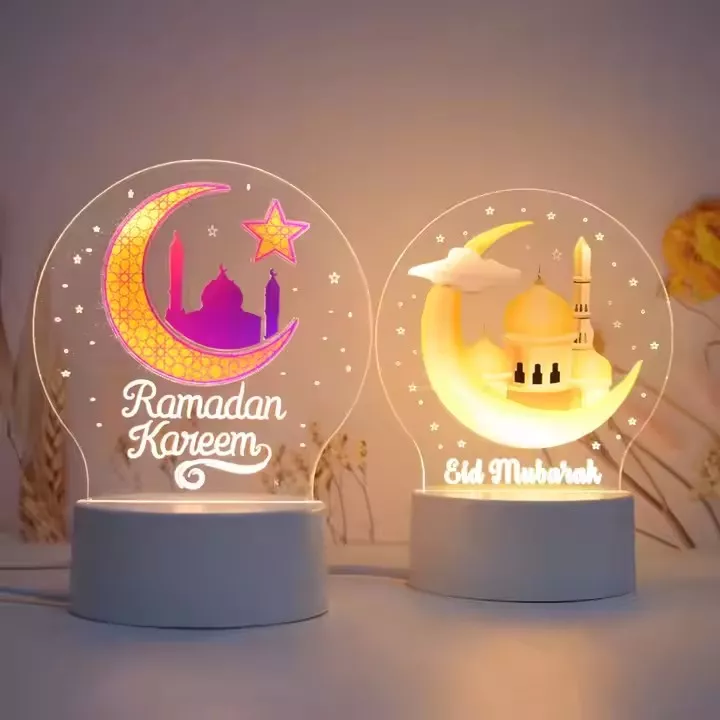

Eid al - Fitr, one of the most significant festivals in the Islamic calendar, is widely celebrated across Middle Eastern countries.
The roots of Eid al - Fitr can be traced back to the early days of Islam. After the revelation of the Quran, Muslims were commanded to fast during the holy month of Ramadan. Ramadan is a month of spiritual reflection, self - discipline, and charity. At the end of Ramadan, Eid al - Fitr marks the successful completion of the fasting period. Prophet Muhammad himself established the celebration of Eid al - Fitr as a communal event, fostering a sense of unity and gratitude among Muslims.
In the days leading up to Eid al - Fitr, people in Middle Eastern countries engage in thorough cleaning of their homes, aiming to create a fresh and inviting environment. Families purchase new clothes for every member, symbolizing a new beginning. Special pastries and traditional dishes are prepared. In countries like Saudi Arabia, Kuwait, and the United Arab Emirates, dates, which are an essential part of Ramadan fasting, are also used to make various sweet treats.
On the morning of Eid al - Fitr, Muslims gather in large numbers at mosques or open prayer grounds. Men, women, and children dress in their finest clothes. Before the prayers, Muslims are required to pay Zakat al - Fitr, a form of alms - giving. This charity is intended to help the less fortunate celebrate Eid. The Eid prayer consists of two rakats (units of prayer) and is followed by a sermon. After the prayers, people embrace one another, offering greetings of “Eid Mubarak” (Blessed Eid).
After the prayers, families come together for elaborate feasts. In Iraq, dishes like masgouf (grilled fish) are served, while in Lebanon, kibbeh (a dish made of bulgur wheat and minced meat) is a popular choice. People visit relatives, friends, and neighbors, strengthening social bonds. Children receive gifts, often in the form of money, called “Eidi.” In some parts of the Middle East, community events such as parades, cultural shows, and traditional games are organized.

The length of Eid al - Fitr holidays varies across Middle Eastern countries. In Saudi Arabia, the government typically announces a four - day public holiday. This gives Saudi citizens and expatriates ample time to partake in religious observances, spend quality time with family, and engage in community festivities. The United Arab Emirates usually offers a four - to five - day holiday. During this period, schools, government offices, and many private businesses are closed.
In Kuwait, the Eid al - Fitr vacation spans around four days. Iraq, on the other hand, generally has a four - day holiday as well, allowing people to travel to their hometowns, visit shrines, and enjoy the celebrations with loved ones. Lebanon also observes a multi - day holiday, enabling its diverse population to partake in Eid traditions, which include both religious and cultural elements.
Throughout this celebration, it's important to respect local customs and religious beliefs. Avoid any form of disrespect towards the Quran, Islamic practices, or religious leaders. Refrain from discussing sensitive political topics during Eid gatherings, as this is a time for celebration, unity, and spiritual reflection.
Overall, Eid al - Fitr in Middle Eastern countries is not only a religious celebration but also a time for family, community, and cultural expression.
Eid al - Fitr, one of the most significant festivals in the Islamic calendar, is widely celebrated across Middle Eastern countries.
The roots of Eid al - Fitr can be traced back to the early days of Islam. After the revelation of the Quran, Muslims were commanded to fast during the holy month of Ramadan. Ramadan is a month of spiritual reflection, self - discipline, and charity. At the end of Ramadan, Eid al - Fitr marks the successful completion of the fasting period. Prophet Muhammad himself established the celebration of Eid al - Fitr as a communal event, fostering a sense of unity and gratitude among Muslims.
In the days leading up to Eid al - Fitr, people in Middle Eastern countries engage in thorough cleaning of their homes, aiming to create a fresh and inviting environment. Families purchase new clothes for every member, symbolizing a new beginning. Special pastries and traditional dishes are prepared. In countries like Saudi Arabia, Kuwait, and the United Arab Emirates, dates, which are an essential part of Ramadan fasting, are also used to make various sweet treats.
On the morning of Eid al - Fitr, Muslims gather in large numbers at mosques or open prayer grounds. Men, women, and children dress in their finest clothes. Before the prayers, Muslims are required to pay Zakat al - Fitr, a form of alms - giving. This charity is intended to help the less fortunate celebrate Eid. The Eid prayer consists of two rakats (units of prayer) and is followed by a sermon. After the prayers, people embrace one another, offering greetings of “Eid Mubarak” (Blessed Eid).
After the prayers, families come together for elaborate feasts. In Iraq, dishes like masgouf (grilled fish) are served, while in Lebanon, kibbeh (a dish made of bulgur wheat and minced meat) is a popular choice. People visit relatives, friends, and neighbors, strengthening social bonds. Children receive gifts, often in the form of money, called “Eidi.” In some parts of the Middle East, community events such as parades, cultural shows, and traditional games are organized.
The length of Eid al - Fitr holidays varies across Middle Eastern countries. In Saudi Arabia, the government typically announces a four - day public holiday. This gives Saudi citizens and expatriates ample time to partake in religious observances, spend quality time with family, and engage in community festivities. The United Arab Emirates usually offers a four - to five - day holiday. During this period, schools, government offices, and many private businesses are closed.
In Kuwait, the Eid al - Fitr vacation spans around four days. Iraq, on the other hand, generally has a four - day holiday as well, allowing people to travel to their hometowns, visit shrines, and enjoy the celebrations with loved ones. Lebanon also observes a multi - day holiday, enabling its diverse population to partake in Eid traditions, which include both religious and cultural elements.


Throughout this celebration, it's important to respect local customs and religious beliefs. Avoid any form of disrespect towards the Quran, Islamic practices, or religious leaders. Refrain from discussing sensitive political topics during Eid gatherings, as this is a time for celebration, unity, and spiritual reflection.
Overall, Eid al - Fitr in Middle Eastern countries is not only a religious celebration but also a time for family, community, and cultural expression.